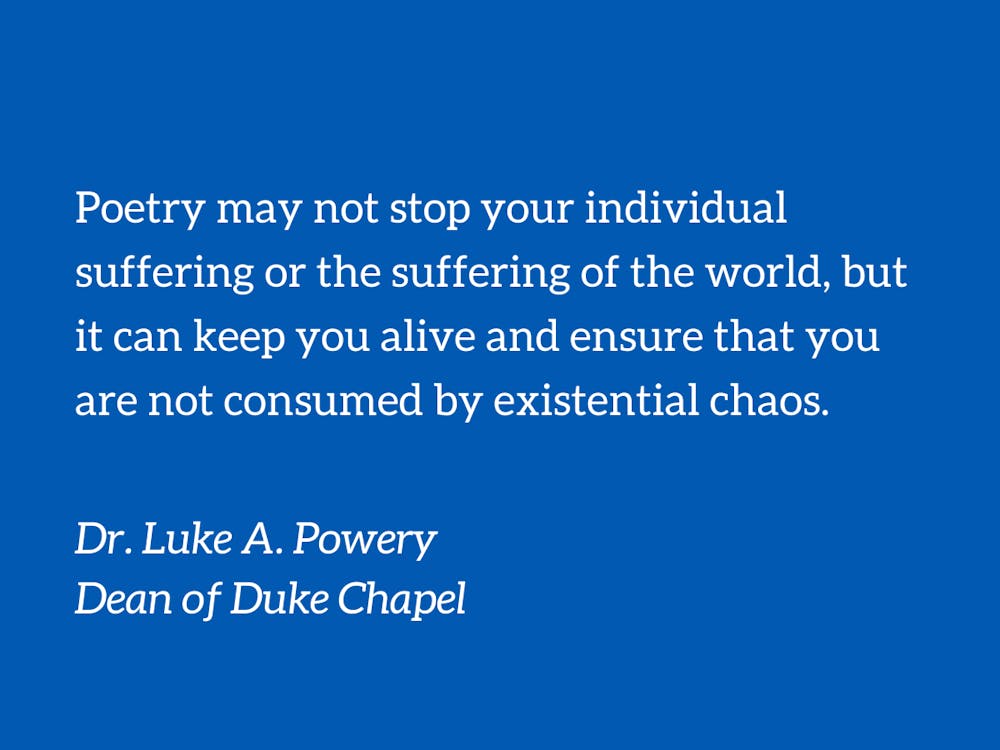Look around locally and globally and you will see tremendous human suffering. It is empathetic to recognize the reality of suffering, but you can’t explain it. Wisdom tells us this.
How do you explain a young 29-year-old woman, going for a run, and then collapsing and dying? How do you explain when a 12-year-old girl goes to a hospital complaining of a stomachache only to discover her intestines have twisted and eventually dies? How do you explain when religious leaders who have so-called successful ministries still commit suicide?
Our answers always fail and are always inadequate in the face of suffering. When the biblical character Job endured great suffering, his friends tried to make sense of things and explain why he was going through it. He told them: “As for you, you whitewash with lies; all of you are worthless physicians. If you would only keep silent, that would be your wisdom!” (Job 13:4-5). It’s a reminder that sometimes the best thing to say is nothing at all!
Think about how people, at times, use platitudes in the face of unexplainable suffering — "God needed your child in heaven because God needed another angel." Or, "Everything happens for a reason." Or, "God is testing you." In those times, we should become like Job and say to those who always try to come up with answers: “If you would only keep silent, that would be your wisdom.”
Interestingly, the bulk of the Book of Job in the Hebrew scriptures is poetry. Short narratives function as the bookends but most of the grappling with suffering — the questioning, wondering and angst — is poetic. This so-called wisdom literature reveals that you may not be able to prose your way through suffering; you may have to poeticize a pathway through it. Poetry is the language of the suffering.
We also see this with the creators of the Spirituals in the context of slavery. There is a poetics of pain, and it is wise to confront suffering with poetry. The word “poiesis,” which is related to the ancient Greek word for poetry, refers to the process of making. The relationship between these words points to how people, historically, have tried to make their way through suffering with poetic language — making as they are aching.
In his book “Poetry as Survival,” poet Gregory Orr speaks of his own tragedy as a child and its relationship to the emergence of poetry in his life. When he was 12 years old, he was responsible for a hunting accident in which his younger brother died. He was “horrified and traumatized.” His parents were so devastated and angry that they couldn’t offer him any consolation. Then there was a family friend who counseled him that his brother’s death was a part of God’s plan. Orr writes, “This notion of a divine order that had the power to subsume such violent disorder didn't seem believable to me and failed to help me live through the traumatic crisis that had become my life.” There were others who used words like “accident” but that wasn’t helpful either to him because it wasn’t a response to the tragedy, only a description of it. It didn’t provide an ordering or meaning, and, as a 12-year-old boy, he deeply desired meaning in order to survive what he had done.
Years after the tragedy, an order, a meaning, came through Mrs. Irving, the librarian in his small public school, through whom he discovered poetry. In the small English class that Mrs. Irving taught in his senior year of high school, she had the class write all kinds of things: stories, sketches, plays and haiku. Orr says:
“I wrote a poem one day, and it changed my life. I had a sudden sense that the language in poetry was ‘magical,’ unlike language in fiction: that it could create or transform reality rather than simply describe it. That first poem I wrote was a simple, escapist fantasy, but it liberated the enormous energy of my despair and oppression as nothing before had ever done. I felt simultaneously revealed to myself and freed of myself by the images and actions of the poem. I knew from that moment on that all I wanted to do was write poems. I knew that if I was to survive in this life, it would only be through the help of poetry.”
As with Orr, poetry can help us survive great suffering. We can pen our pain on paper and make as we ache. Poetry may not stop your individual suffering or the suffering of the world, but it can keep you alive and ensure that you are not consumed by existential chaos.
The Rev. Dr. Luke A. Powery is Dean of Duke University Chapel. His column runs on alternate Mondays.
Get The Chronicle straight to your inbox
Signup for our weekly newsletter. Cancel at any time.

